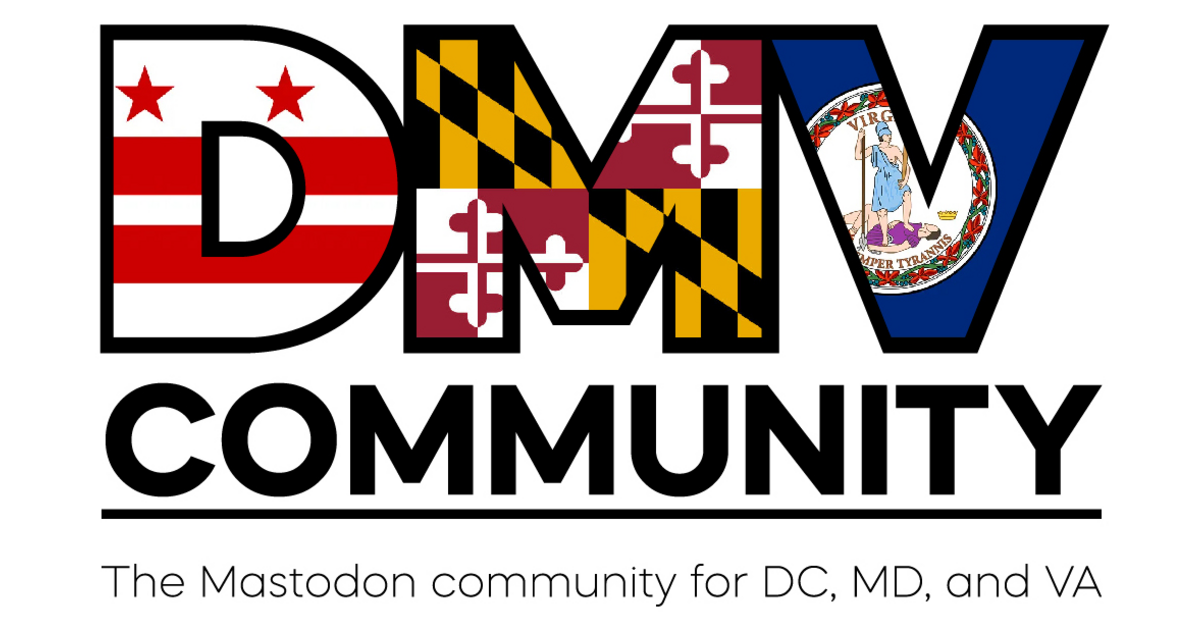#VoicesOfDecolonization - #Wabanaki #Sustenance and #SelfDetermination
by Jillian Kerr, 7 November 2024
"Before #colonization, the Wabanaki region was rich in food; Wabanaki Tribes had excellent knowledge of their environment and knew where to find each resource, when it was abundant, and in what quantities. They utilized natural resources and foods respectfully, creating little or no waste. This sustainable approach to food and natural resources made the Wabanaki among the healthiest people in the world. However, the arrival of Europeans disrupted this harmony, forcing the Wabanaki out of their homelands. Europeans imposed a different understanding of nature and harvesting, which led to unhealthy and unsustainable practices. The Wabanaki continue to strive for the restoration of their traditional foodways as a way to practice #FoodSovereignty.
"To develop food sovereignty and economic stability, the #Mikmaq Nation in Aroostook County constructed an indoor fish hatchery on the site of Micmac Farms in Caribou, Maine. This farm, which previously only grew and sold fresh or preserved fruits and vegetables, now receives Nesowadnehunk Brook Trout eggs from the Maine State Hatchery in Enfield, Maine. The grown fish are then sold back to Maine’s Soil and Water Conservation District for public consumption throughout the state. In addition, they generously donate food to the local food bank and provide discounts for Tribal members, demonstrating a sustainable model for food sovereignty for the Mi’kmaq Nation.
"The Houlton Band of #Maliseet Indians launched a food sovereignty initiative to increase access to nutritious food, improve food sovereignty, and strengthen connections to Wabanaki culture by sharing traditional food production, storage, and preparation approaches. The lessons learned add to current knowledge about developing, implementing, and evaluating a model rooted in the principles of food sovereignty. Opportunities to learn and share knowledge about traditional storage and recipes are provided to community members, and existing partnerships have been leveraged to develop a sustainable model. Additional community gardens were also created to increase food production capacity, increasing food sovereignty for the Maliseet.
"One way the #Passamaquoddy Tribe fights for food sovereignty is by restoring the watershed of the Skutik River, which was renamed the St. Croix River by colonists. The Skutik River is at the heart of the ancestral home of the Passamaquoddy Tribe.. This crucial watershed is the natural spawning ground and ancient homeland for many species of sea-run fish, including Atlantic salmon and sea-run alewife (river herring), a vital food source. Historically, the number of fish swimming up the Skutik River was massive and sustained the Passamaquoddy for thousands of years. Yet now, the alewife population is too small to feed or sustain the Tribe.
"The large amount of pollution produced by colonization upset the productivity and natural balance of the Skutik River and the life cycles of the native fishery, straining the river’s ecosystem. For many years, Maine law blocked sea-run alewives from accessing their natural and ancient spawning ground in the Skutik watershed, which diminished this important traditional sustenance food source and disturbed the cultural practices of Passamaquoddy Tribal members. The Passamaquoddy established the Skutik Watershed Strategic Sea-run Fish and River Restoration Plan to mitigate the damage and find a better way forward. They developed a collaborative of Skutik stewards, also known as the Skutik River Keepers, who work with various agencies to give the river the best chance at restoring the watershed, thereby giving the Passamaquoddy more access to traditional foods and strengthening their food sovereignty.
"The #PenobscotNation fights for food sovereignty in various ways, including rebuilding outlets on Tribal trust lands. The Penobscot ancestral homeland is located within the drainage area of the Penobscot River and its many tributaries, lakes, and ponds. The area was the fishing place for spearing and netting fish, like salmon and alewives. It was a primary nourishing source of food, medicine, connection, joy, and spirituality for the Penobscot during spring and early summer. The mills and mill dams built by colonizers upset the river's natural ecosystem, cutting off fish from places required to complete their life cycle. As a result, the river no longer contained the fish that had historically fed the Penobscot Tribe. The Penobscot successfully rebuilt outlets on Tribal trust lands in Mattamiscontis Stream, and they have completed many stream connectivity projects. This resulted in growing populations of alewives and blueback herring in the newly restored system, making more fish available as a food source for the Tribe.
"The land is a cornerstone of Native life. Before colonization, Wabanaki Tribes had developed an environmentally friendly and communal food system to protect the land and environment, using natural resources without harming the environment that provided bountiful food sources. However, centuries of colonization have separated the Wabanaki and other Native communities from their homelands and traditional foods. Natives were physically, culturally, and spiritually tied to their homelands, and forced relocation into unknown lands made it impossible to access traditional foods and harvest adequate nutrition from the land for survival. The lack of knowledge of unknown lands led to a dependence on government-issued rations and commodities. These rations and commodities consisted of dairy, processed wheat, sugars, etc., all foreign to the Native diet. The government's aim in providing these rations and commodities to Natives was not to provide nutrition but to prevent starvation.
"#ForcedRelocation and other federal policies devastated many Tribes’ food systems, disrupting their hunting, fishing, farming, and harvesting traditions. The disruption continues today as the federal government still decides what foods they will distribute to Native communities. The government also makes agreements with the producers, a system that favors large-scale vendors, leading to missed opportunities for Native farmers. Problems with food quality also still exist; many traditional foods are still unavailable, and it is not uncommon for produce to travel long distances and arrive spoiled. Despite this upheaval, the Wabanaki have shown remarkable resilience and are determined to restore their traditional food practices and reclaim their food sovereignty."
Source [includes references]:
https://www.wabanakireach.org/wabanaki_sustenance_and_self_determination_by_jillian_kerr





